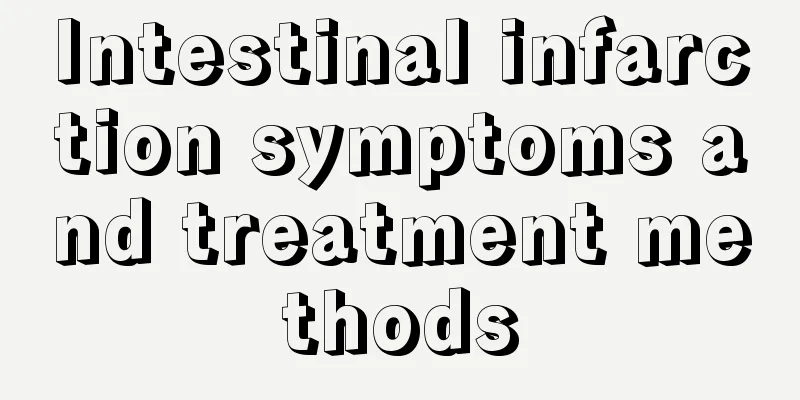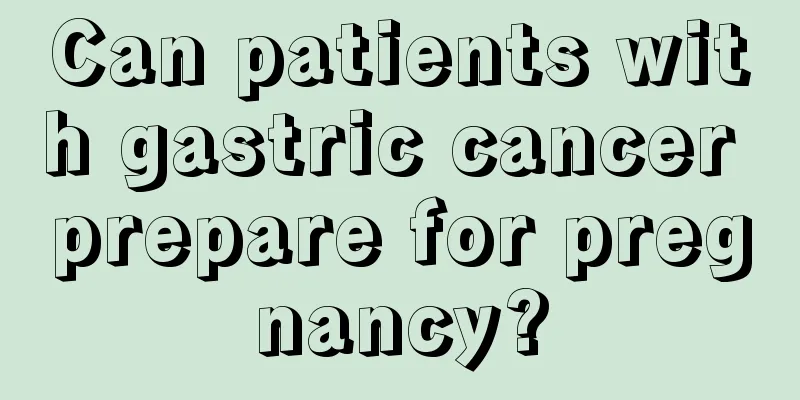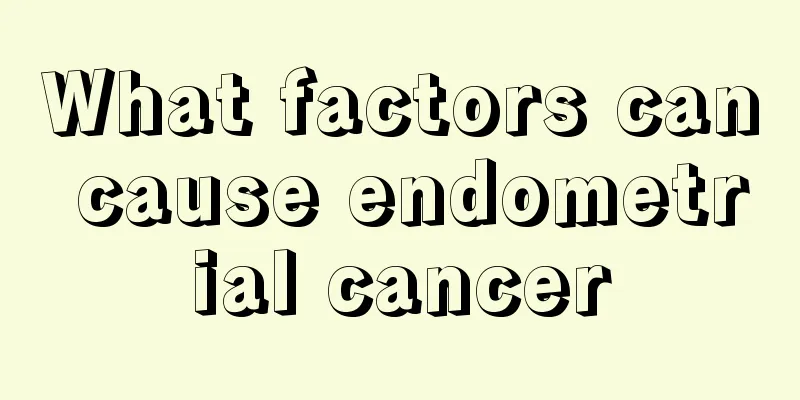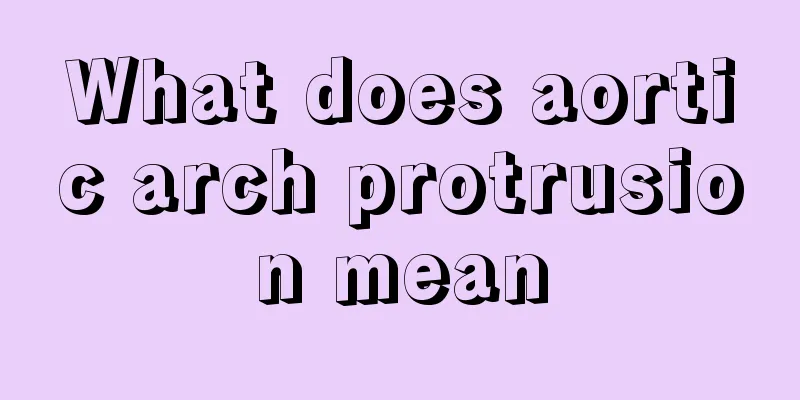Intestinal infarction symptoms and treatment methods

|
When intestinal infarction occurs, it is often accompanied by intermittent abdominal cramps. This pain often causes nausea and vomiting. In addition, the anus is unable to pass gas normally and completely, so that in the end you feel that the intestines are blocked and very uncomfortable. This sudden abdominal pain may even become more and more severe, and you may often hear gurgling sounds, and you are unable to defecate and pass gas normally. Clinical symptoms In addition to the specific manifestations of the primary disease, common manifestations of intestinal obstruction are paroxysmal abdominal cramps, vomiting, abdominal distension, and no flatulence or defecation through the anus. Sudden abdominal pain, cramping Paroxysmal abdominal pain often occurs suddenly, and the colic of mechanical intestinal obstruction is severe. Children have thin abdominal walls, and bulging intestinal patterns and peristaltic waves can often be seen in the abdomen when abdominal pain occurs. There is no colic in paralytic intestinal obstruction, only persistent distending pain when the abdomen is severely distended. No intestinal pattern can be seen and no bowel sounds can be heard. Vomiting, abdominal distension If the obstruction is located high, vomiting occurs early and frequently, with gastric juice and bile vomited out, and only upper abdominal distension or no abdominal distension. If the obstruction is at a low site, vomiting will occur late, with fecal-like fluid vomited out and obvious abdominal distension. In the early stages of paralytic intestinal obstruction, vomiting will usually not occur, but in the late stages, fecal-like substances may be vomited out and abdominal distension will be obvious. No bowel movement or flatulence from the anus This is a sign of complete intestinal obstruction, but in the early stages of obstruction, feces and gas remaining in the intestine distal to the obstruction can still be discharged. Do not mistakenly think that there is no obstruction. When the intestine is strangulated, bloody fluid may be discharged. In addition to the above manifestations, there are also systemic poisoning symptoms, such as drowsiness, pallor, dehydration and other symptoms. Generally, intestinal strangulation can cause intestinal death within 6-8 hours, often accompanied by toxic shock, and the condition is very dangerous. Western medicine treatment ① Non-surgical treatment: correct water and electrolyte imbalance and acid-base imbalance. Gastrointestinal decompression: It is one of the important methods for treating intestinal obstruction. It can absorb the gas and liquid in the gastrointestinal tract through gastrointestinal decompression, relieve abdominal distension, reduce the pressure in the intestinal cavity, reduce bacteria and toxins, and help improve local and systemic conditions. Prevention and treatment of infection: The use of antibiotics is of great significance in preventing and treating bacterial infections. ②Surgical treatment: Surgical treatment should be performed for various types of strangulated intestinal obstruction, intestinal obstruction caused by tumors and congenital malformations, as well as patients who do not respond to non-surgical treatment. The specific surgical method should be determined according to the cause, nature, location and general condition of the obstruction. Traditional Chinese Medicine Treatment Single prescription Raw vegetable oil: raw soybean oil, sesame oil or peanut oil, *200-250ml, 80-150ml for children, orally or injected into the stomach tube, Chinese medicine formula combined with body position and acupoint treatment. Nursing No food or water is allowed, and gastrointestinal decompression is performed to relieve abdominal distension. The body position should be semi-recumbent to reduce the pressure on the diaphragm. Closely observe changes in the condition and if it worsens. Be alert to the occurrence of strangulated intestinal obstruction and receive timely surgical treatment. prevention During the remission period of adhesive intestinal obstruction, you should pay attention to your diet and avoid eating hard foods. Your diet should mainly consist of soft and liquid foods. Deworming treatment should be performed after ascariasis intestinal obstruction is relieved. In addition to deworming with drugs, oxygen therapy can also be used to expel intestinal ascaris. Do not do strenuous exercise after a full meal to prevent intestinal torsion. |
<<: Symptoms of herpes_What are the symptoms of herpes diagnosis
>>: Symptoms and treatment of foot arthritis
Recommend
What is the cause of the pain in the upper back
If you always have back pain, you should pay atte...
Is the red spider lily poisonous
Red spider lily is usually seen on graves. Its co...
Nursing for chemotherapy of colon cancer
Correct bad habits. Develop good eating habits, b...
How should patients with advanced prostate cancer pay attention to their diet
How should patients with advanced prostate cancer...
Is blurred vision due to lung cancer metastasis?
Is blurred vision due to lung cancer metastasis? ...
Seven common mistakes parents make with their children
You may not be able to avoid all parenting pitfal...
What is interventional treatment for liver cancer? Can liver cancer be cured after interventional treatment?
What is interventional treatment for liver cancer...
The efficacy of Shousanli
There are many acupoints in the human body. Diffe...
How much does kidney cancer removal surgery cost?
We must actively learn about the causes of kidney...
What should I do if my face keeps turning red after an allergy?
Sensitive skin not only brings harm to people'...
What to do if white clothes turn yellow after washing
Although white clothes are very resistant to dirt...
What should I do if I have pain in the spine in the middle of my back?
Spinal problems are common medical problems faced...
What is skin cancer
Skin cancer is the impact and damage caused by ma...
What are the dangers of AIDS
AIDS, also known as HIV in professional terms, is...
Is the terrible melanoma contagious?
When hearing about some malignant diseases, many ...









